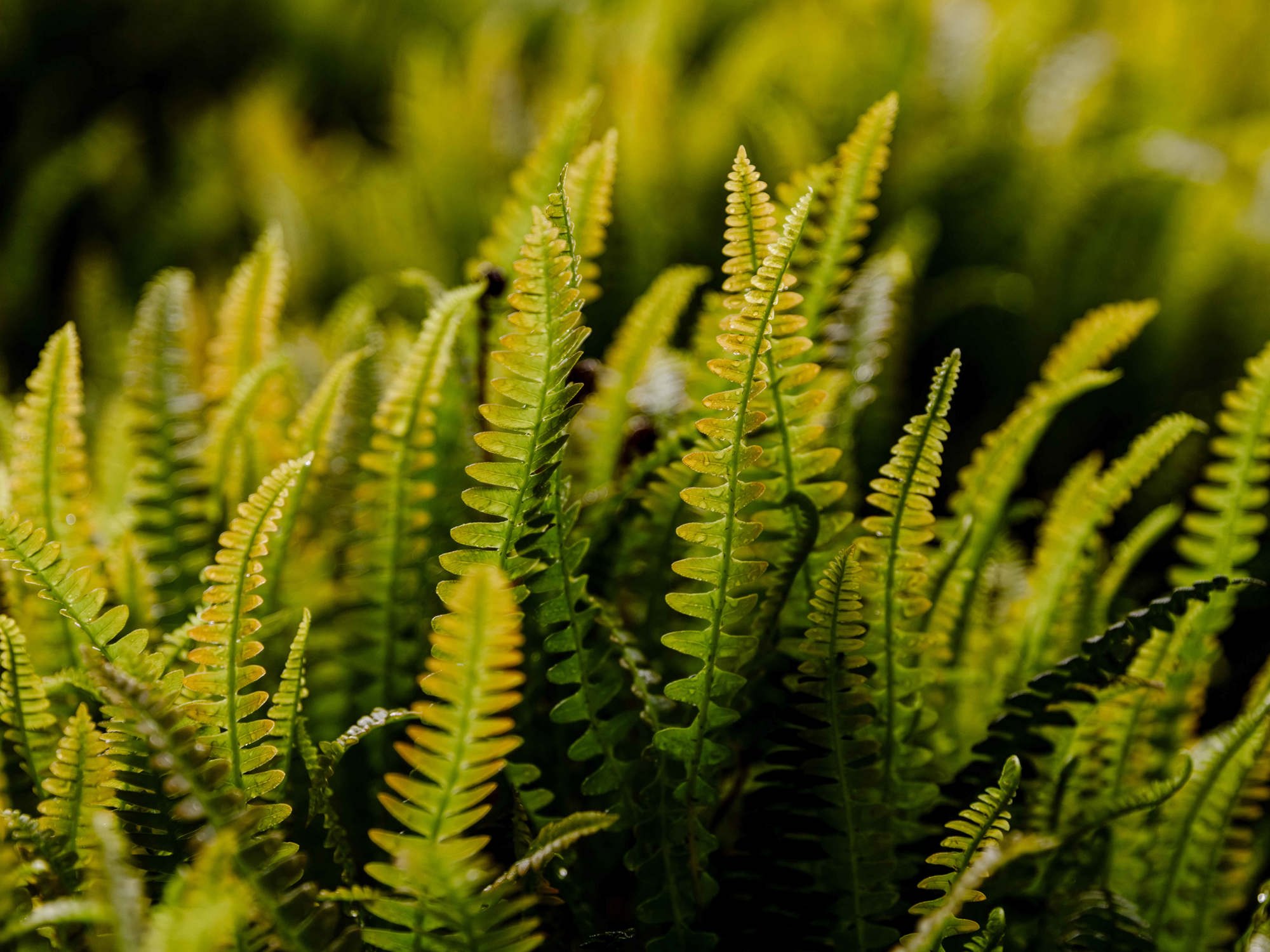Against all received knowledge that the heroes and villains of Edwardian plant-hunting are already fully documented, new research shines a much-needed light on a plantsman and social activist from England’s Lake District who achieved prominence as a result of his central role in Chinese forest restoration. In Will Purdom, Agitator, plant-hunter, forester, a new book by former diplomat Francois Gordon, justice is finally done to the short but heroic life of an extraordinary man.
While the names of contemporaries such as Reginald Farrer, George Forrest, and Ernest “Chinese” Wilson are well known in popular culture, Will Purdom resonates little away from the keenest horticultural circles. Yet, in just four decades, he defied convention to succeed in a variety of different roles. Part of his legacy is an impressive list of new introductions to British gardening, from viburnum, buddleias, clematis and rhododendrons to primroses, poppies, red-barked birch, leafy poplars and Aesculus chinensis, the Chinese horse chestnut.
The son of a Westmorland head gardener, Purdom (1880-1921), was a committed member of the Labour movement. After ruffling establishment feathers by leading a lengthy trade union strike at the Royal Botanic Gardens, Kew, he was recruited for a three-year plant-hunting expedition to north west China. Sponsored by the leading British horticulturist of the period, Harry Veitch and the Arnold Arboretum of Boston, US, Purdom was dispatched to an area largely unknown to western botanists in search of plants for introduction to commercial nurseries and European and American tree-collections.
Following exploits in China and beyond, in a variety of company, including the flamboyant plant-collector Reginald Farrer, he became part of the inner circle of senior advisers to the Chinese government. His key role in China's struggle to repair the ecology and sustainability of its forests was recognised by the Chinese government and he is still remembered there today.
Captivated by a magazine mention of the plant-hunter turned ecologist some 30 years ago, Francois Gordon has trawled archives on four continents in search of papers concerning Will Purdom. He has pored over papers in private collections to research Will’s friends and associates, many previously unknown even to dedicated students of horticultural history, and teased out a compelling history of incredible hardships and life-threatening perils in China during the early 20th century:
“During Will’s first expedition, revolution broke out in China, when he was collecting in the most troubled and violent region of the country. His survival is largely attributable to his unhesitating rejection of the deeply racist attitudes almost universal among outsiders working in the country at that time. His determination to learn Mandarin and his engagement on a basis of social equality with local officials, priests and farmers resulted in him becoming one of the tiny minority of westerners who formed genuine and lasting friendships with Chinese people,” explained the author.
One of Purdom’s closest friends was Han An, then a junior Ministry of Agriculture official and trained forestry expert who was determined to create a Chinese Forest Service. In 1916, Will was appointed Forestry Adviser to the Chinese government and the two began the work of training foresters, developing tree nurseries and planting trees where they would do most good. By 1919, there were estimated to be over 1,000 tree nurseries in China, containing 100 million young trees. In the same year 20 to 30 million trees were planted on over 100,000 acres of otherwise unproductive land. Purdom’s trees were all, or nearly all, grown from seed, and were genetically diverse.
When he died suddenly in November 1921 at the age of 41, of an infection contracted following minor surgery, his Chinese friends and colleagues commissioned a large and elegant memorial stele in the Forest Service plantation at Xinyang, which was re-named the Purdom Forest Park.
“Remarkably, the stele and the park were both left alone during the Cultural Revolution of the 1960s, and they are both carefully preserved to this day,” added Francois Gordon. “The epitaph is too long to quote in full, but a hundred years later the sorrow felt by those 54 of Will’s friends who subscribed to the stele is still very clear. Perhaps what would have most pleased Will is their description of him as ‘a true and loyal friend of the Chinese people who won the admiration and respect of his colleagues, worked tirelessly for the reforestation of China and who, had he lived, would certainly have trained the next generation of Chinese foresters’.
“Will Purdom rose from a position of very limited personal agency and overcame formidable obstacles to leave the world a better place for his passage. Not only does he deserve to be remembered in his own right, but his life has a good deal to teach us about our place in this interconnected world, as well as reminding us that what we often think of as very recent concerns about protecting local eco-systems were current well over a hundred years ago.”
Will Purdom, Agitator, plant-hunter, forester by Francois Gordon ISBN: 978-1-910877-37-1 is published by the Royal Botanic Garden Edinburgh and is available to buy online at the Botanics Shop.

